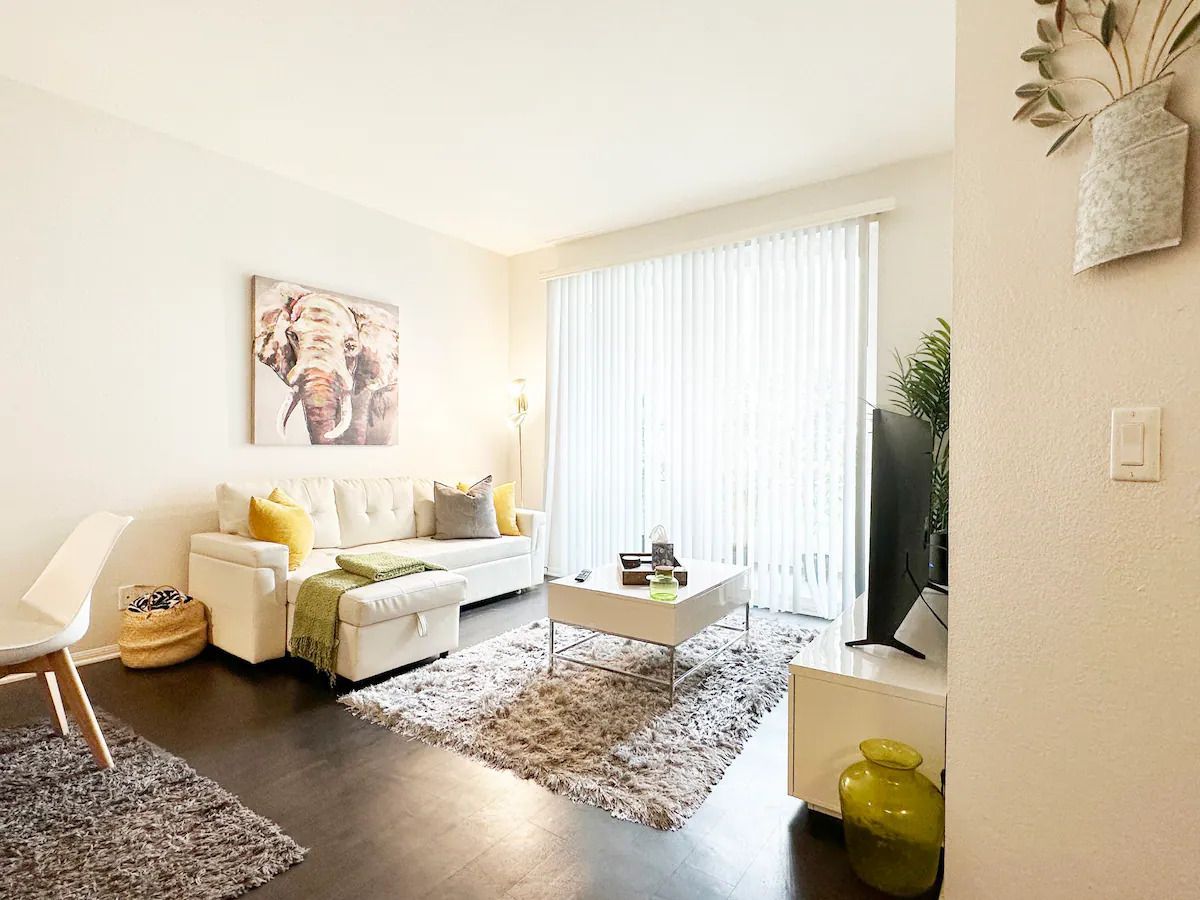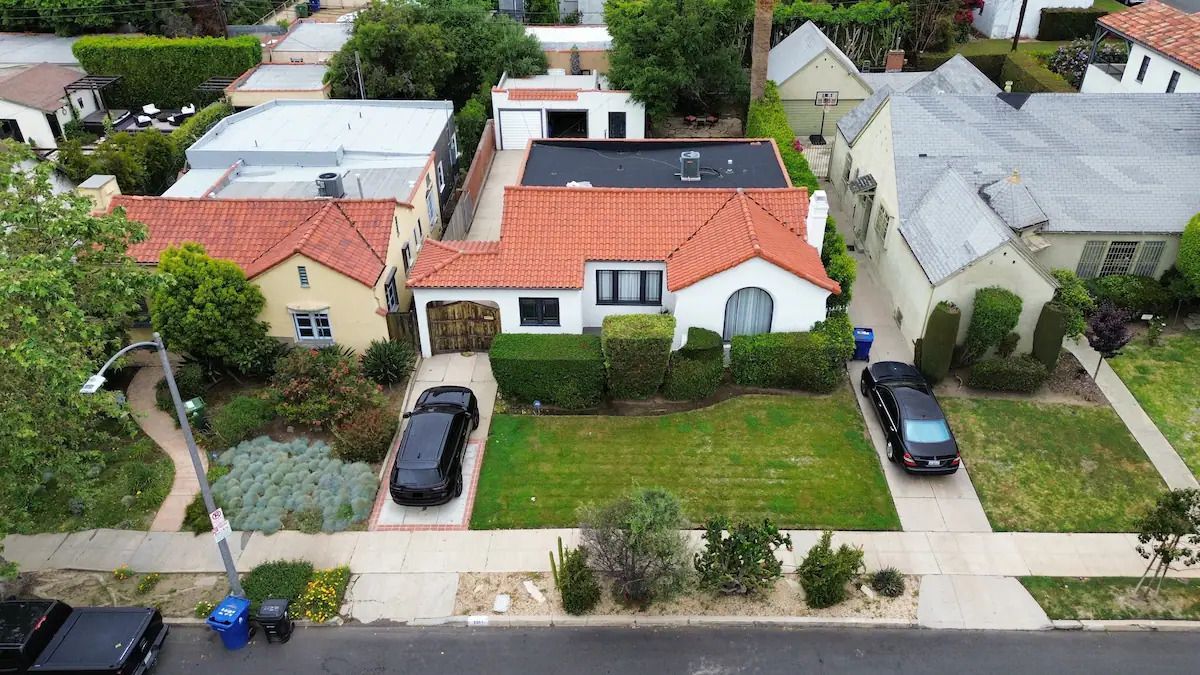Los Angeles Properties
Journal

Big News: We’re Heading to Calgary We’ve got some exciting news that we just can’t wait to share—Prava is expanding to Calgary! After great experiences in Los Angeles and Vancouver, we’re thrilled to dive into this lively Alberta city. Calgary has always held a special appeal for us. With its stunning skyline and proximity to the majestic Rocky Mountains, it’s a place that perfectly blends urban life with nature. We’re eager to bring our unique Airbnb management approach to this vibrant community and help both hosts and guests experience all that Calgary has to offer. What’s really exciting about this expansion is the chance to immerse ourselves in the local culture. We’re already on the hunt for amazing properties that capture Calgary’s spirit, from trendy downtown lofts to cozy suburban homes. Our goal is to create memorable experiences for visitors while helping local hosts maximize their rental potential. As we set up shop, we’re keen to build relationships with local businesses and organizations. Collaborating with cafes, shops, and attractions will allow us to offer our guests a taste of the authentic Calgary experience. We believe that staying in a city is more than just having a roof over your head; it’s about connecting with the community. Quality is our cornerstone. We’re committed to ensuring that every property we manage meets our high standards for comfort and style. Our dedicated team will be on hand to provide exceptional service, making sure hosts and guests feel supported every step of the way. But beyond the properties, it’s about creating a sense of belonging. We want to foster a community where guests feel like they’re part of something special, and where hosts feel empowered to share their homes and stories. As we embark on this new adventure, we’re filled with anticipation for what’s to come. Calgary has a rich tapestry of experiences just waiting to be explored, and we can’t wait to be part of it. If you’re a host looking to list your property or a traveler searching for a great place to stay, we’re here for you! Thanks for joining us on this journey! If you’re in Calgary or know someone who is, reach out—we’d love to connect and explore all that this fantastic city has to offer!

Unlocking the Homeowner’s Advantage As the landscape of real estate evolves, homeowners are increasingly faced with deciding how best to utilize their properties. While traditional long-term rentals have been the go-to option for many years, the rise of platforms like Airbnb has introduced a new paradigm in property management. For homeowners considering their options, understanding the advantages of Airbnb rentals over traditional rentals can be crucial in maximizing their investment potential. Flexibility and Income Potential One of the primary advantages of Airbnb rentals is the flexibility they offer. Homeowners can choose when to rent out their properties, allowing them to occupy their homes during certain periods while generating income at other times. This flexibility particularly appeals to those who might only use their property seasonally or for specific events. In contrast, traditional rentals typically involve long-term leases that lock homeowners into agreements for months or even years, restricting their ability to use the property as they wish. Additionally, the income potential from short-term rentals can often exceed that of traditional rentals. With Airbnb, homeowners can charge a premium for nightly stays, especially in tourist-heavy areas or during peak seasons. This can lead to higher overall earnings compared to the consistent but often lower monthly income from long-term tenants. Moreover, homeowners have the opportunity to adjust pricing dynamically based on demand, local events, and seasonality, further optimizing their revenue. Guest Variety and Engagement Airbnb rentals attract a diverse range of guests, from vacationers to business travelers. This variety can create unique opportunities for homeowners to engage with different people and cultures. Many homeowners find joy in hosting and creating memorable experiences for their guests. Positive interactions can lead to excellent reviews, which enhance the property's visibility and attractiveness on the platform. In contrast, traditional rentals typically involve a more stable, yet less dynamic, tenant demographic. Homeowners may have less opportunity to interact with tenants, which can sometimes lead to a lack of personal connection or investment in the property. While stability is often a goal in traditional renting, it can also mean missed opportunities for the homeowner to cultivate relationships and foster a sense of community. Lower Risk of Property Damage While concerns about property damage are valid for both short-term and long-term rentals, Airbnb offers several advantages that can mitigate these risks. For instance, Airbnb provides hosts with the option to require a security deposit, which can cover minor damages incurred during a guest's stay. Additionally, homeowners can screen guests through reviews and ratings before accepting bookings, allowing them to choose tenants who have demonstrated responsible behaviour in previous rentals. Traditional long-term tenants, on the other hand, may pose a different set of risks. Damage may go unnoticed for extended periods, and the eviction process can be lengthy and complicated if issues arise. Furthermore, once a lease is signed, homeowners may have limited recourse for addressing concerns until the end of the lease term. With Airbnb, the shorter rental periods allow for more frequent inspections and maintenance, helping to ensure the property remains in good condition. Increased Control Over Property Management Airbnb provides homeowners with a higher degree of control over their properties compared to traditional rentals. They can set house rules, establish check-in and check-out times, and customize the guest experience to align with their preferences. This level of control can be particularly advantageous for homeowners who wish to maintain the integrity of their property or have specific standards for their rental experience. Conversely, traditional rentals can often feel like a hands-off approach, where homeowners must rely on tenants to adhere to lease terms and maintain the property. Issues such as late payments, noise complaints, or lease violations can arise without much recourse until the situation escalates. With Airbnb, the ability to address concerns in real time and maintain open lines of communication with guests fosters a more proactive approach to property management. Tax Benefits and Financial Incentives Renting out a property on Airbnb can offer unique tax advantages. Homeowners can often deduct expenses related to property management, such as cleaning fees, maintenance costs, and even a portion of their mortgage interest, as long as the property is rented out for a certain number of days. These deductions can significantly offset the costs associated with running a short-term rental. While traditional rentals also provide tax benefits, the deductions may not be as substantial given the nature of long-term rental agreements. Homeowners might find that the income generated from Airbnb allows for greater flexibility in managing their financial obligations, particularly when it comes to unexpected expenses or investments in property improvement. Conclusion Choosing between Airbnb and traditional rentals involves careful consideration of various factors, including financial goals, lifestyle preferences, and property usage. The advantages of Airbnb rentals—flexibility, higher income potential, guest variety, and greater control over property management—make them an increasingly attractive option for many homeowners. As the rental landscape continues to evolve, understanding these benefits can empower homeowners to make informed decisions that align with their individual needs and objectives. Whether you’re looking to supplement your income, maximize your property’s potential, or simply engage with a diverse array of guests, Airbnb offers a compelling alternative to traditional rentals that is well worth considering.





